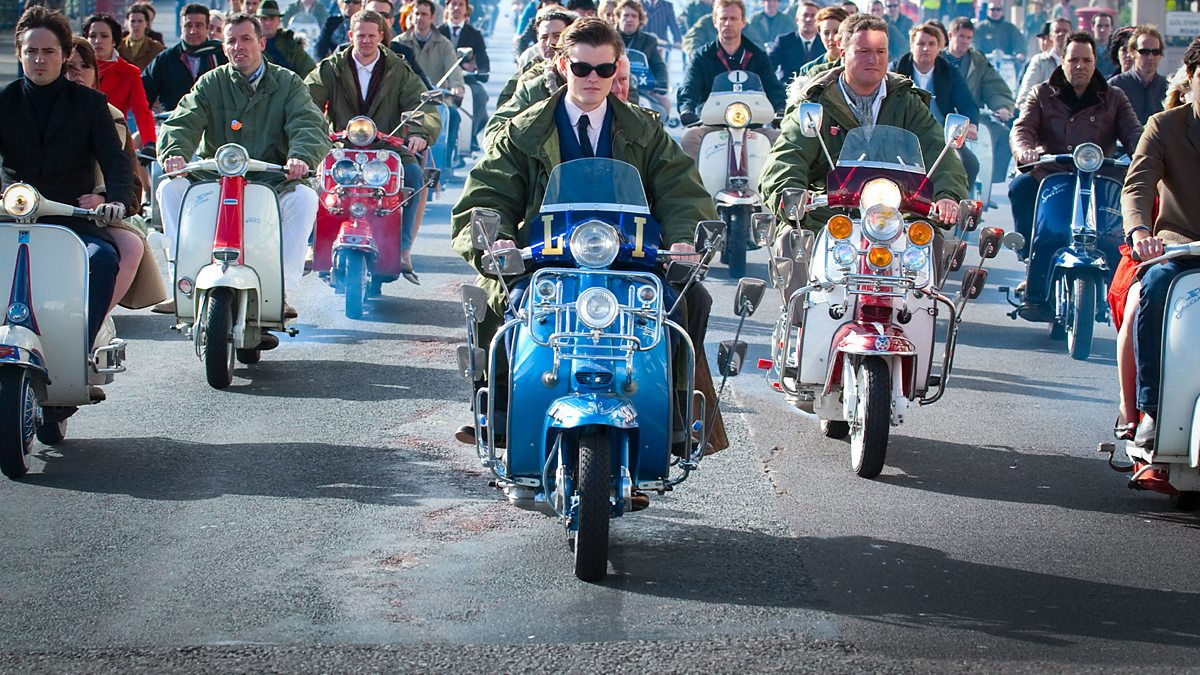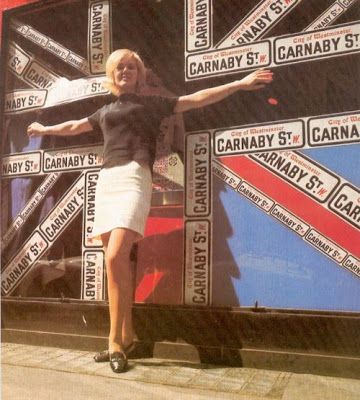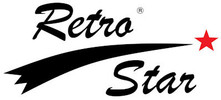Mod Culture - From Scooters to Parkas
Posted by Retro Star London on 2nd May 2024
"I'm still a mod, I'll always be a mod, you can bury me a mod." - Paul Weller
Mods emerged in the 1960s in Britain and were characterized by their love of fashion, music, and scooters – mainly the Lambretta.
Mods were mostly working-class young men and women known for their sharp dressing, love of Soul, Motown & Ska music, and scooters.
Mod fashion is as relevant today as it was back in the 60’s and the mod staples of Harrington jackets and parkas feature in most men’s wardrobes, as well as tassel loafers and sta-press trousers.
Certain Mod brands have stood the test of time and are still highly sought after and worn by mods and snappy dressers alike.
One such brand is Lambretta. Named after the Lambro River near its Italian factory, Lambretta scooters started out as the favourite means of transport for Mods, wearing parkas and with their scooters sometimes sporting a huge number of mirrors.

Lambretta the clothing brand was founded in 1997 and has been a popular mod brand since then. Sadly in 1972 Lambretta ceased making their iconic scooters, but the brand lives on in clothing.
Merc London was another heroic mod brand started in 1967 in Carnaby street. The Merc shop was a mainstay of Carnaby street until the street was transformed into the bland mega brand yawn it is today, and Merc decided to leave.

Fear not, even though the shop closed, the Merc brand is alive and well and is sold in many small independent shops across the UK and Europe.
No history of mod clothing would be complete without mentioning Gabicci. They have cornered the market for knitted polo shirts inspired by Italian fashion in the 1970’s often using suede overlays and vertical stripes on their polo shirts.
Two other giants of the mod clothing scene are Relco and Trojan who both have great ranges of Harrington jackets, waffle cardigans and polo shirts.

English youth culture has influenced the whole world of style and fashion. It started after WW2 with the teddy boys, then mods, hippies, punks, goths, new romantics, and acid house.
In the world of clothing the mods have outlasted all the other subcultures. There are remnants of punk style but Seditionaries and Boy London have long gone, and Mary Quant and Bibba boutiques closed years ago.
This is a list of mod shops thriving today: Modfather, Mazeys, Atom Retro, Adaptor, Jump the Gun, Sherrys, Madcap, Dees of Trongate, Mod One, Mod Mart and many more.
Paul Weller is not alone, many mods, young and old will be buried as mods when the day comes.


